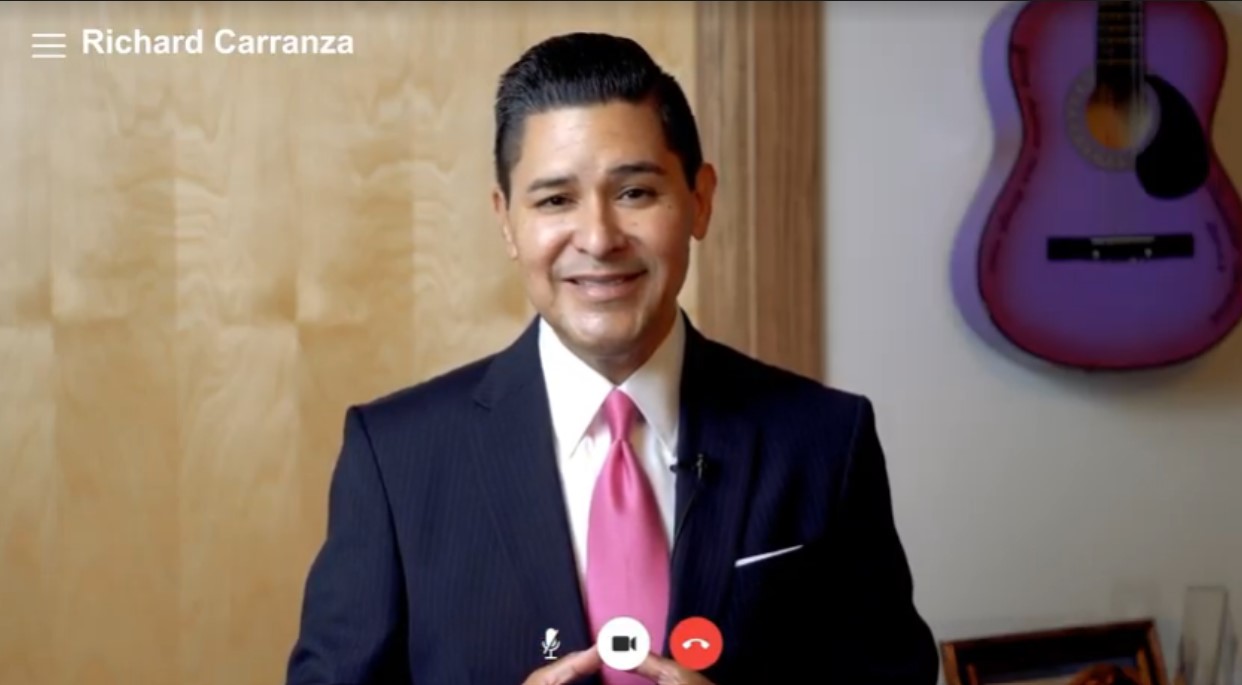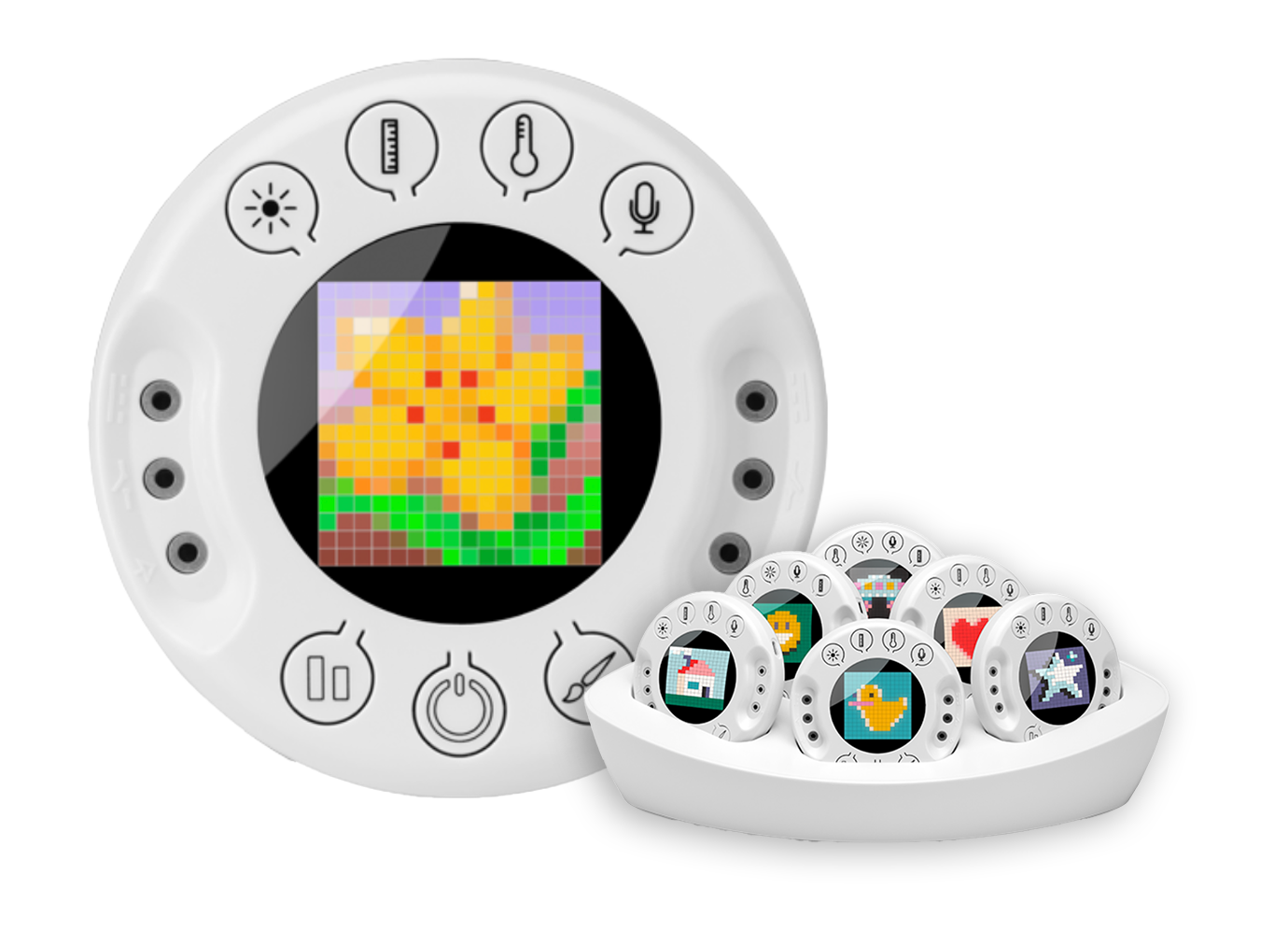Preparing for Back to School: The #NYCSchoolsTech Virtual Summit
During this year's #NYCSchoolsTech Virtual Summit, New York City educators recently came together virtually for information and inspiration

“By any measure, this has been an unprecedented year,” said Jane Pook, Chief Digital Communications Officer for New York City Department of Education (NYCDOE), as she welcomed attendees to the 2020 #NYCSchoolsTech Virtual Summit. The online professional development event, geared for New York City teachers, featured speakers, group watch parties, and a virtual vendor floor that showcased the latest in education technology.
Pook’s sentiments were echoed by many of the other presenters, including NYC DOE Chancellor Richard Carranza, who told attendees, “While I know the future feels uncertain, students will be ready to face what’s ahead of them,” thanks to their efforts. Carranza also underscored the need to set up digital spaces for success and to constantly promote digital citizenship by leading by example. “When we learn to best conduct ourselves online, we can model for our students,” he said.
Carranza also emphasized the need for accessibility as 20% of New Yorkers identify as having a disability and nearly 50% speak another language. “Ultimately, our work is about equity,” he said.
Anuraag Sharma, Chief Information Officer for NYC DOE, detailed some of that work. Over the last year, the Department of Information Technology has provided all students with a NYC DOE online account, established a single sign-on platform, and distributed more than 300,000 ipads to students in need, plus rolled out a central G Suite tenant, ensured a more secure version of Zoom (at no cost), extended access to Microsoft 365 platform, and enhanced existing administrative systems.
“All of these tools can help us create an ecosystem through which we can distribute information to students and parents,” said Sharma. “We have huge admiration for all the work educators do, and I hope you see DIIT as a partner,” he added.
Other speakers touched on a range of topics, from diversity to accessibility.
“The goal of the event was to inspire attendees, celebrate their hard work during remote learning and promote the importance of digital citizenship and accessibility as we look ahead,” said Lisa Nielsen, senior director of digital inclusion and literacy, who organized speakers, created watch parties, and facilitated the vendor floor. (Read more from Nielsen regarding organizing the event)
Tech & Learning Newsletter
Tools and ideas to transform education. Sign up below.
Key Takeaways
The importance of diversity. Dee Lanier, Educational Technologist and Equity Enthusiast, noted that although education is different now, the one thing that remains constant is the constant desire of educators to help students grow. “As a black man, know that at one time I was a black child,” said Lanier. “So when you’re looking at your district and all the challenges children of color face, know that you may be looking at me.”
First-person perspectives. Presentations were interspersed with stories from educators such as Derek Cradle, principal of the High School of Sports Management, who shared his remote learning experience and going out into the community to connect with students and drop off necessary items, and Shira Moskovitz, teacher at The Children’s Lab School, who discussed the challenges and solutions in working remotely with a special needs student.
The importance of digital citizenship. Jim Steye, CEO and Founder of Common Sense Media, and a former NYC public school teacher, said that digital citizenship and literacy is critically important today, more than ever. “In this 24/7 digital world, the importance of teachers and teaching young people to make smart, ethical decisions can’t be overstated,” Steye said. He emphasized how Common Sense is committed to partnering with NYC DOE to provide high quality content and curricula.
Importance of educational technology. Jennie Misong Magiera, Global Head of Education Impact at Google, suggested that as the world has become more complex, it’s become an even more complex landscape for educators, who are dealing with unprecedented systemic challenges. She lauded educators for the thousands of stories from classrooms, including virtual, of standing strong for students and putting their needs first. She marveled at the level of innovation on display, and encouraged educators to take risks and use tech to solve problems. “We need educators more than ever before,” Magiera said. “The whole child needs all of us.”
The importance of accessibility. Laura Kalbag, co-founder of Small Technology Foundation, pointed out that accessible tech is usually the difference between a disabled person being able to access services and being shut out altogether. Kalbag talked about by creating accessibility tech, we can make it easier to see (through either descriptions or larger texts), hear (alternative formats are available that can make all the difference), understand (“Plain writing is such a valuable tool and underrated skill”), and interact. “We have to avoid making assumptions about those trying to access content, and need to listen to disabled people rather than forcing our assumptions on them,” Kalbag said. “We have to be aware of the risks and harms of tech we use, and we have to protect security and safety.”
Importance of creating accessible content. Sady Paulson, an Apple Distinguished Educator who is affected with cerebral palsy, stated that every student should have an opportunity to access content for developing their minds. Paulson noted that everyone has a different style for learning, which can especially be a challenge for students with disabilities. Creating accessible, engaging content for everyone is key. “We don’t know what the future classroom will look like, but you can be instrumental in developing it,” Paulson told attendees. “It can be one that allows every student to access the content and learn in their own way and at their own pace.”
Ray Bendici is the Managing Editor of Tech & Learning and Tech & Learning University. He is an award-winning journalist/editor, with more than 20 years of experience, including a specific focus on education.
